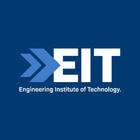Master of Engineering (Civil - Railway Infrastructure) (Online)

学历文凭
Masters Degree (Coursework)

专业院系

开学时间

课程时长

课程学费

国际学生入学条件
IDP—雅思考试联合主办方

雅思考试总分
6.0
- 雅思总分:6
- 托福网考总分:60
- 托福笔试总分:160
- 其他语言考试:NA
CRICOS代码:
申请截止日期: 请与IDP联系 以获取详细信息。
课程简介
相关申请
 预科
预科 奖学金
奖学金 实习机会
实习机会 在校学习
在校学习 跨境学习
跨境学习 校园授课-线上开始
校园授课-线上开始 在线/远程学习
在线/远程学习
开学时间&学费
学费信息仅供参考,请与IDP联系以获取详细信息
| 开学时间 | 时长 | 学费 | 地点 |
|---|---|---|---|
| 暂无 | 暂无 | 暂无 | 暂无 |
本校相关课程

Master of Engineering (Mechanical)
学历文凭
Masters Degree (Coursework)
开学日期
课程费用总额


Master of Engineering (Industrial Automation)
学历文凭
Masters Degree (Coursework)
开学日期
课程费用总额


Master of Engineering (Electrical Systems)
学历文凭
Masters Degree (Coursework)
开学日期
课程费用总额

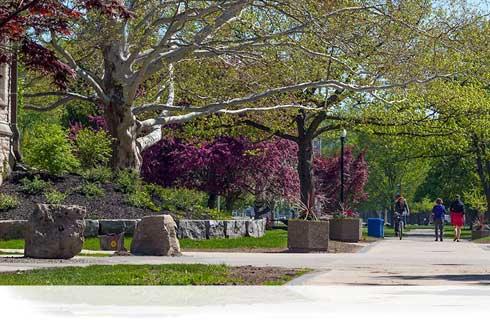
Master of Engineering (Civil - Structural)
学历文凭
Masters Degree (Coursework)
开学日期
课程费用总额

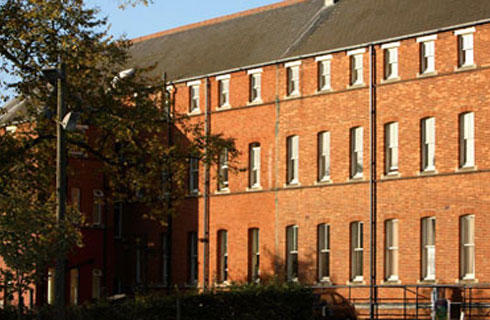
Bachelor of Science (Mechanical Engineering)
学历文凭
Bachelor Degree
开学日期
课程费用总额

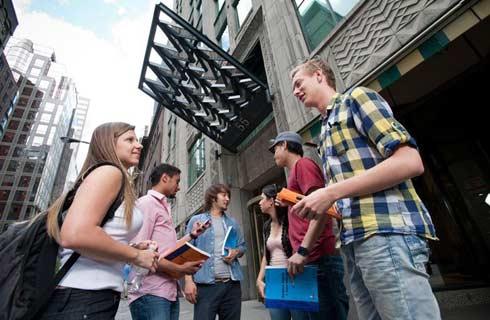
Bachelor of Science (Industrial Automation Engineering)
学历文凭
Bachelor Degree
开学日期
课程费用总额

其他相关课程

Bachelor of Technology (Engineering) - Civil
 伊迪斯科文大学
伊迪斯科文大学学历文凭
Bachelor Degree
开学日期
课程费用总额

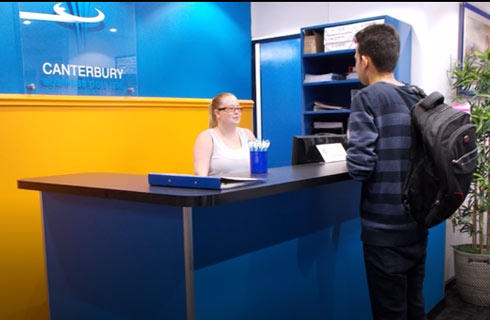
PhD in Transport Studies - Digital Futures
 利兹大学
利兹大学泰晤士高等教育世界大学排名:118
学历文凭
Ph.D.
开学日期
课程费用总额


工程学硕士-运输工程(MESTU-TRAN-T3MES)
 奥克兰大学
奥克兰大学学历文凭
Masters Degree (Taught and Research)
开学日期
课程费用总额


Bachelor of Engineering (Honours) / Bachelor of Science Conjoint - Civil Engineering
 奥克兰大学
奥克兰大学学历文凭
Dual (Conjoint) Degree
开学日期
课程费用总额

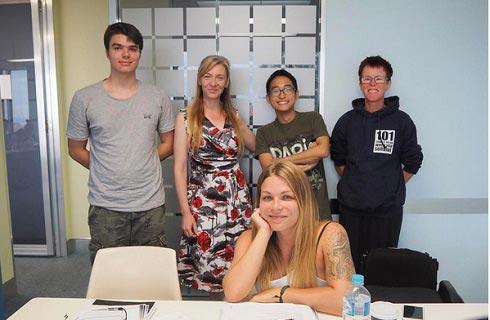
土木建筑设计高级文凭
 西澳大利亚州职业技术学院
西澳大利亚州职业技术学院学历文凭
Advanced Diploma
开学日期
课程费用总额

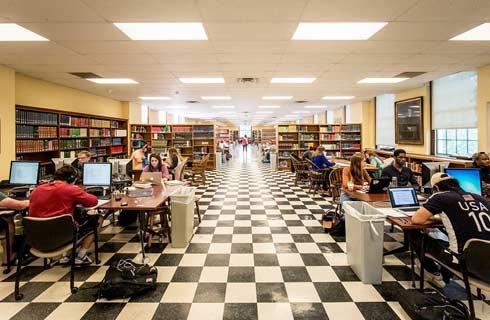
MPhil Civil Engineering
 伯明翰大学
伯明翰大学泰晤士高等教育世界大学排名:99
学历文凭
Masters Degree (Research)
开学日期
课程费用总额









